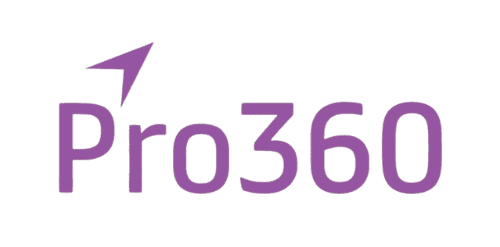Facilities Management Software
In the world of real estate, managing building infrastructure, utilities, safety, and maintenance tasks can become overwhelming—especially without the right system in place. Our powerful Facilities Management Software is designed specifically for real estate businesses that want to centralize operations, track maintenance, and ensure tenant satisfaction across multiple properties.
Whether you’re managing residential buildings, commercial offices, or mixed-use properties, our system helps streamline work orders, automate recurring tasks, and optimize resources for cost-effective facility upkeep.


